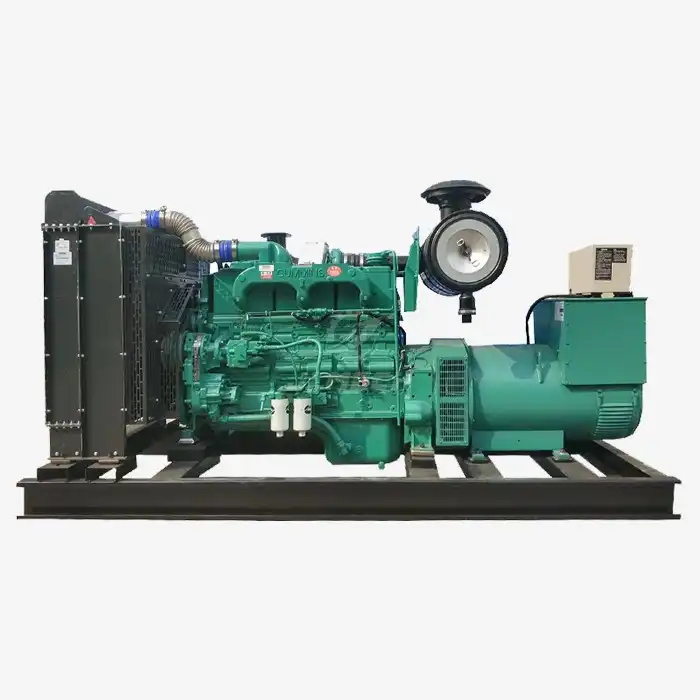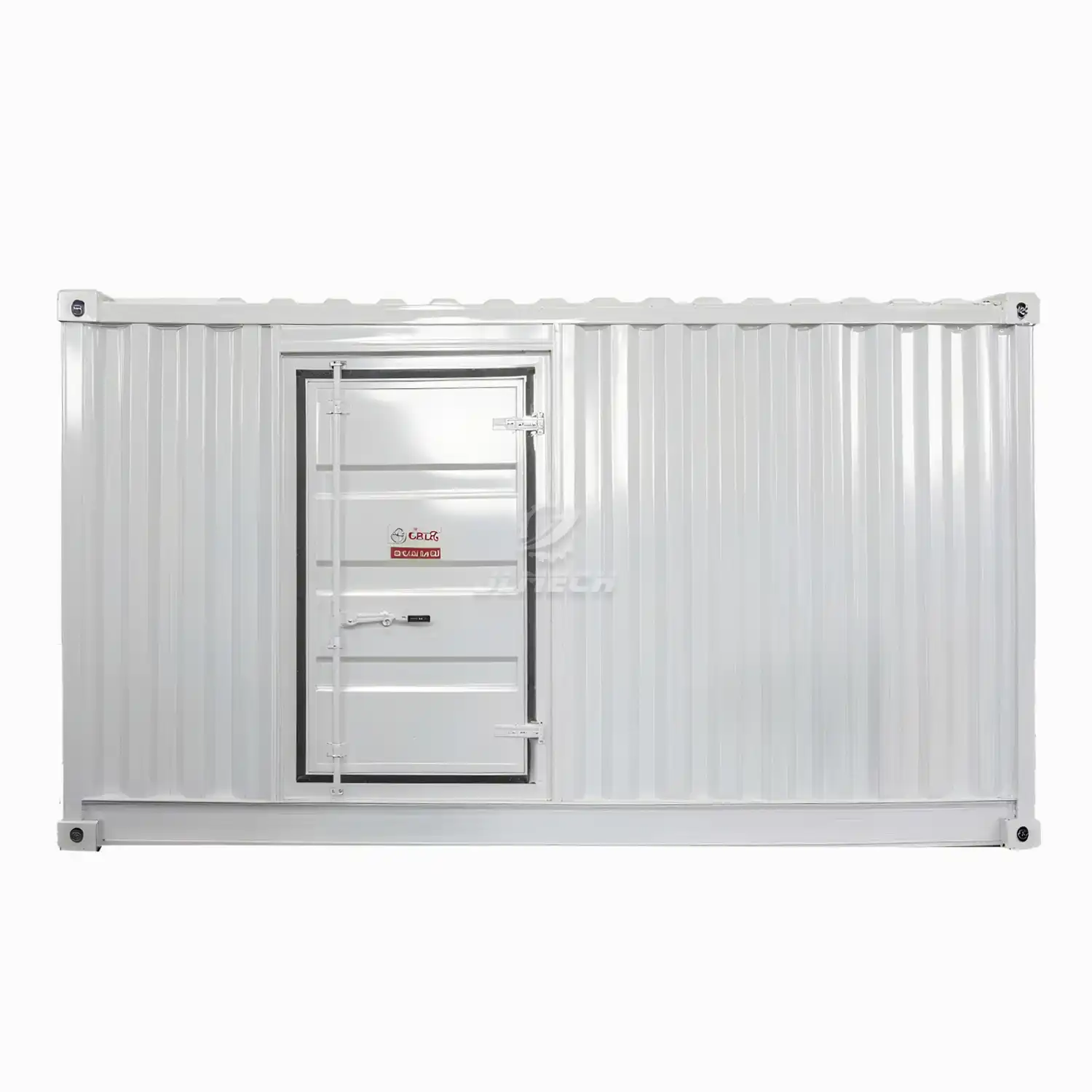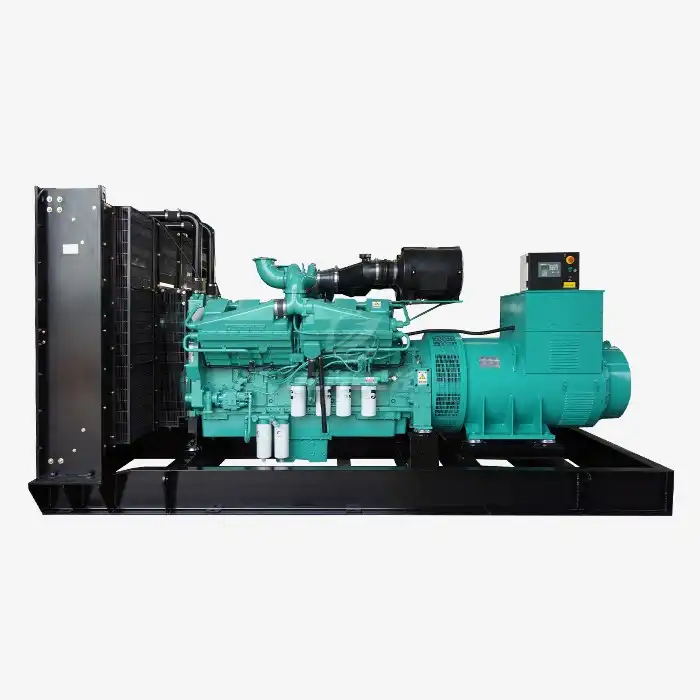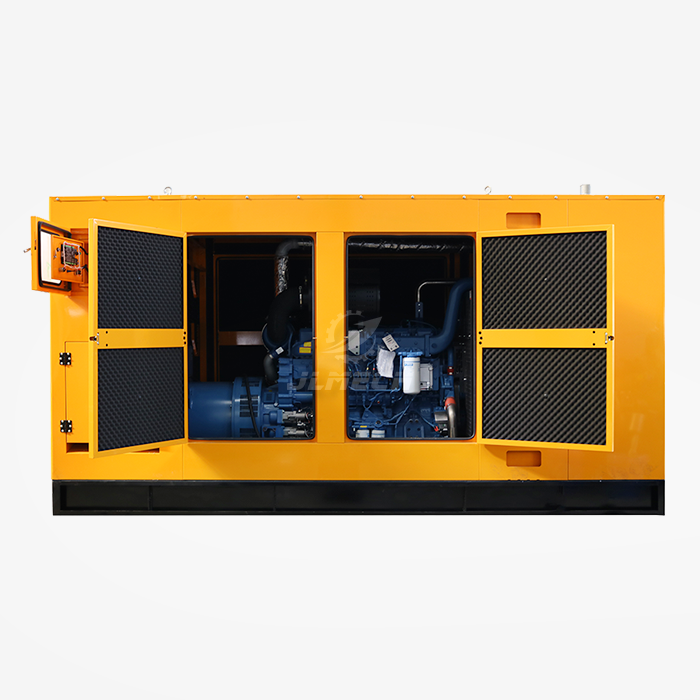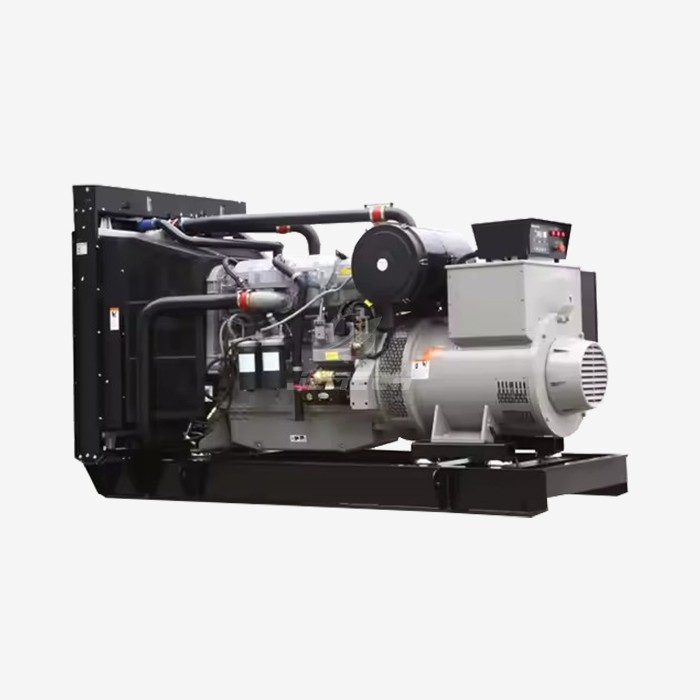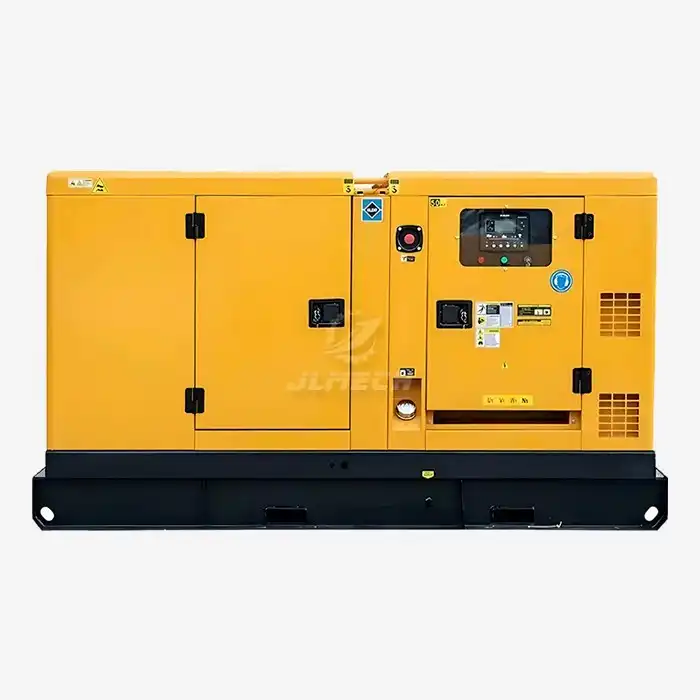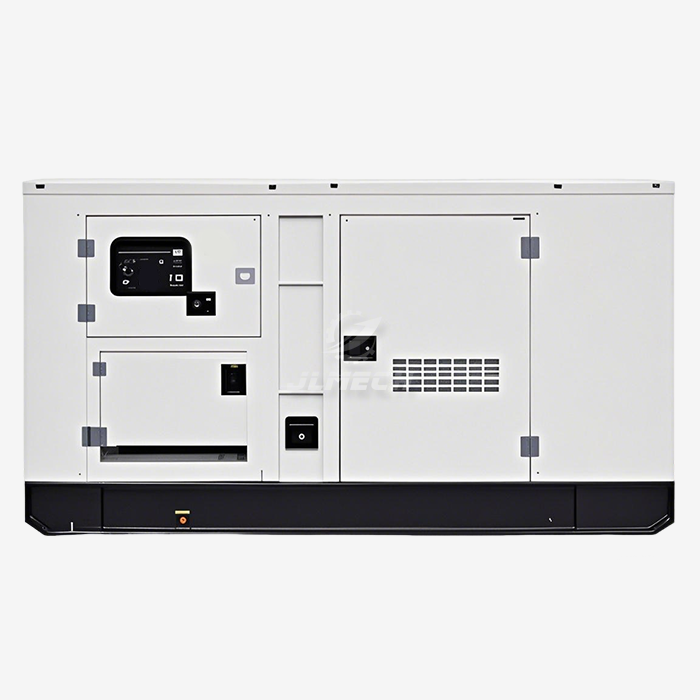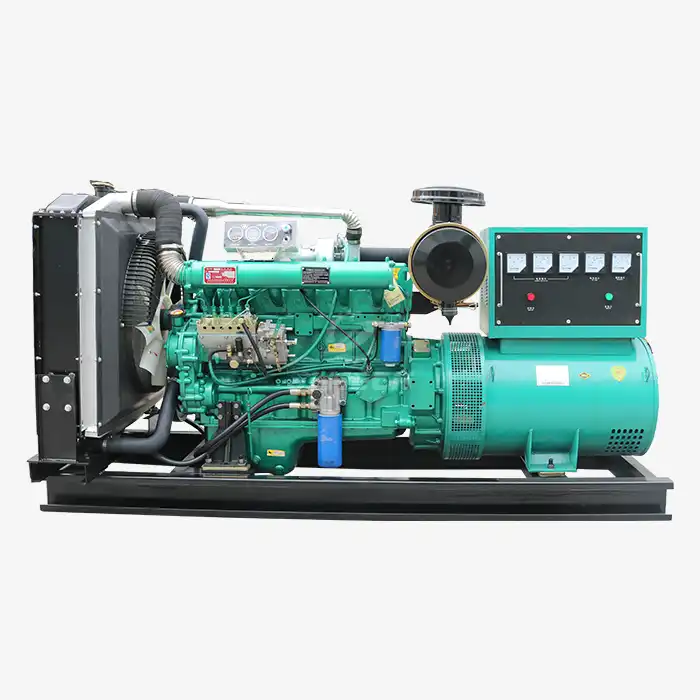Understanding Diesel Generator Backup Time and Fuel Storage Regulations
When it comes to ensuring uninterrupted power supply for critical operations, understanding the intricacies of backup diesel generators is paramount. These powerhouses are the lifeline for industries ranging from healthcare to manufacturing, providing essential electricity during grid outages. However, maximizing their efficiency requires a deep comprehension of backup time capabilities and adherence to fuel storage regulations. This article delves into the nuances of generator run times, safe fuel storage practices, and methods to calculate backup duration based on load requirements. By mastering these aspects, businesses can optimize their emergency power strategies, ensuring resilience in the face of unexpected power disruptions while maintaining compliance with safety standards.
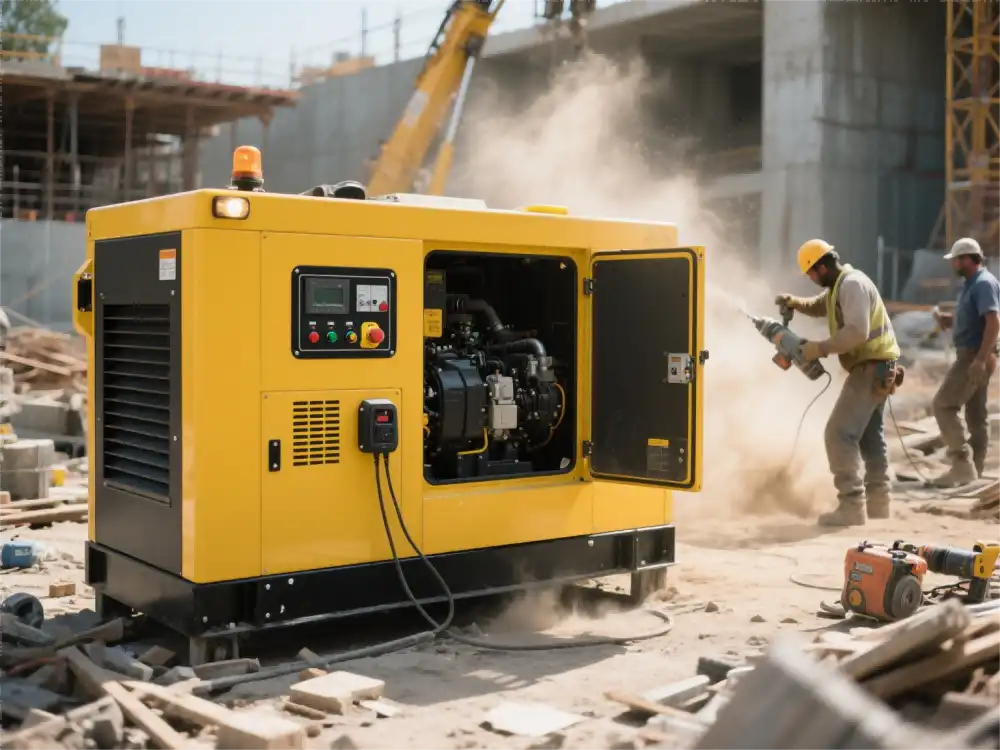
How Long Can a Backup Diesel Generator Run on a Full Tank?
The runtime of a backup diesel generator on a full tank depends on various factors, including generator size, fuel tank capacity, and load demand. Typically, industrial-grade generators can operate anywhere from 24 to 72 hours continuously at full load. However, this duration can be extended significantly under partial load conditions.
Factors Affecting Generator Runtime
Several elements influence how long a generator can run without refueling:
- Fuel Tank Size: Larger tanks naturally allow for longer runtimes.
- Load Percentage: Operating at 50% load can potentially double the runtime compared to full load operation.
- Generator Efficiency: Modern generators with advanced fuel injection systems tend to have better fuel economy.
- Maintenance Status: Well-maintained generators operate more efficiently, potentially extending runtime.
It's worth noting that while extended runtimes are possible, most facilities aim for a 24-48 hour operational window before refueling to maintain a safety margin.
Fuel Storage Safety Guidelines for Backup Diesel Generators
Proper fuel storage is crucial for both safety and generator performance. Adhering to regulations ensures not only compliance but also the longevity and reliability of your backup power system.
Key Safety Practices
- Storage Tank Specifications: Use double-walled tanks with leak detection systems.
- Ventilation: Ensure adequate airflow in fuel storage areas to prevent vapor accumulation.
- Fire Safety: Install appropriate fire suppression systems and maintain clear access for emergency responders.
- Spill Containment: Implement proper containment measures to prevent environmental contamination.
- Regular Inspections: Conduct routine checks for leaks, corrosion, or damage to storage systems.
Additionally, it's crucial to rotate fuel stocks regularly to maintain fuel quality and prevent sediment buildup, which can affect generator performance.
Regulatory Compliance
Fuel storage for backup diesel generators is subject to various regulations, including:
- Environmental Protection Agency (EPA) guidelines on spill prevention and containment
- Occupational Safety and Health Administration (OSHA) standards for workplace safety
- National Fire Protection Association (NFPA) codes for fire safety
- Local zoning laws and building codes
Staying informed about these regulations and implementing them diligently is essential for safe and legal operation.
Calculating Backup Time Based on Generator Load and Fuel Consumption
Accurately estimating backup time is crucial for emergency planning. This calculation involves understanding the relationship between generator load and fuel consumption rates.
Step-by-Step Calculation Process
- Determine the generator's fuel consumption rate at full load (usually provided in the specifications).
- Assess the actual load requirement for your facility.
- Calculate the adjusted fuel consumption based on the actual load percentage.
- Factor in the fuel tank capacity.
- Divide the usable fuel volume by the hourly consumption rate to estimate runtime.
For example, if a 500 kW generator consumes 35 gallons per hour at full load, but is operating at 75% capacity, the adjusted consumption might be around 26 gallons per hour. With a 1000-gallon tank, this would theoretically provide about 38 hours of runtime.
Load Management Strategies
Implementing load management can significantly extend backup times:
- Prioritize critical systems and shed non-essential loads during extended outages.
- Use automated load shedding systems to maintain optimal generator efficiency.
- Consider parallel generator setups for scalable power solutions in large facilities.
Jlmech's expertise in diesel generator technology shines through in their advanced load management capabilities. Their generators are equipped with intelligent control systems that can automatically adjust to varying load demands, ensuring optimal fuel efficiency and extended runtime during critical operations.
Jlmech's Backup Diesel Generator Solutions
Jlmech offers a range of backup diesel generators designed to meet diverse industrial needs. Their 500kW Power Generator exemplifies their commitment to reliability and efficiency. This model features:
- AC Output: 500KW/625KVA
- Rated AC Voltage: 400V
- Frequency: 50HZ
- Engine Speed: 1500 R.P.M
- Three Phase operation
- Available in Silent or Open Frame configurations
- Engine options: 6/12/16 cylinder
- Water Cooling system
- Electric Starting method
- Customization: OEM/ODM available
- Certifications: CE/Euro 5/EPA/CARB compliant
This generator is engineered for demanding environments, featuring corrosion-resistant materials and advanced noise reduction technology (68 dB at 7m). It's particularly suitable for hospitals, data centers, and mining sites, supporting continuous operation with a 95% load capacity. The generator's ability to quickly adjust output voltage and frequency during sudden load changes ensures stable power supply with excellent transient response performance.
Jlmech's commitment to quality is evident in their global support network, with 26 overseas offices providing 24/7 technical assistance and spare parts delivery within 72 hours. Their generators are known for proven reliability, with Mitsubishi engines achieving 99.8% uptime across 50+ industrial projects. The cost efficiency of these units is notable, with optimized fuel consumption reducing operational costs by 20% compared to standard models.
Conclusion
Understanding the intricacies of backup time and fuel storage for diesel generators is crucial for maintaining reliable emergency power systems. By carefully considering runtime capabilities, adhering to safety regulations, and implementing strategic load management, organizations can ensure their backup power solutions are both effective and compliant.
For businesses seeking robust and efficient backup power solutions, Jlmech offers industry-leading expertise and products. With over 29 years of innovation in power solutions, Jlmech has established itself as a trusted partner for industries requiring uninterrupted operations. Their range of diesel generator sets, including customizable options for various applications, combines high-performance engines with intelligent control systems to deliver seamless power for factories, hospitals, data centers, and remote sites.
To learn more about how Jlmech can tailor a backup power solution for your specific needs, or to discuss the advanced features of our backup diesel generators, please contact our team of experts at skala@whjlmech.com. Whether you're in the industrial, healthcare, or commercial sector, Jlmech's global expertise and commitment to quality make us an ideal choice for your backup power requirements.
References
- National Fire Protection Association. (2022). NFPA 110: Standard for Emergency and Standby Power Systems.
- U.S. Environmental Protection Agency. (2021). Spill Prevention, Control, and Countermeasure (SPCC) Regulation.
- Institute of Electrical and Electronics Engineers. (2023). IEEE 3000 Standards Collection for Industrial and Commercial Power Systems.
- Occupational Safety and Health Administration. (2022). Powered Industrial Trucks (Forklift) eTool: Types & Fundamentals - Diesel.
- American Society of Civil Engineers. (2021). Minimum Design Loads and Associated Criteria for Buildings and Other Structures.
- International Organization for Standardization. (2023). ISO 8528-5:2023 Reciprocating internal combustion engine driven alternating current generating sets.



